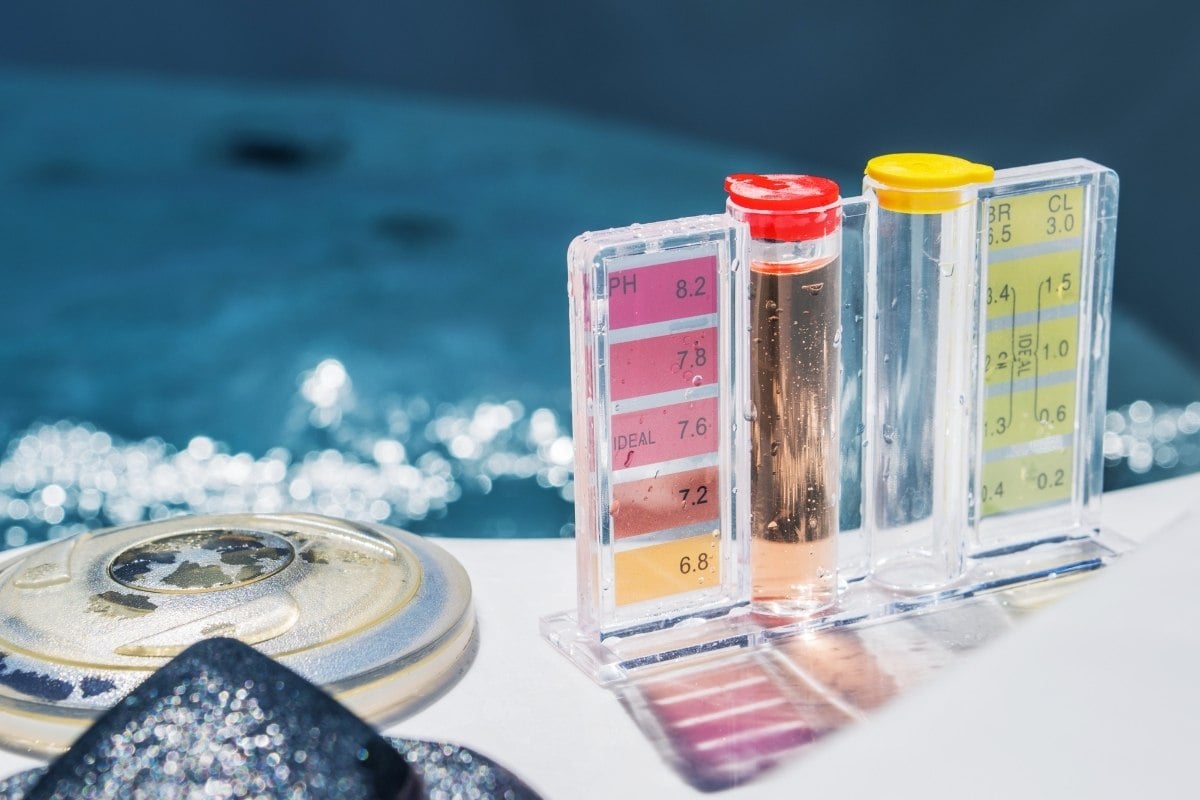The online world is full of impressive health claims about the benefits of alkaline water, as well as the supposed dangers of consuming acidic foods and beverages. Some of these statements may seem a little far-fetched.
However, if you’re like many people, you’d like to learn about the connection between water pH and health. That way, you’ll be able to make smart decisions about your drinking and cooking water, as well as your overall health. Here’s what you need to know.
Stomach Acidity
The human stomach is naturally very acidic, a property that allows it to more effectively break down food. Consuming large amounts of acidic food or water can produce heartburn, acid reflux, and related problems. Consuming extremely alkaline foods and beverages sometimes damages the ability of the stomach to produce enough acid. Mildly alkaline substances, however, can cut down on the discomfort associated with an overly acidic stomach, providing some relief.
Contaminant Exposure
Too much acid in the water could lead to an increased risk of consuming heavy metals and similar substances. This is due to the increased tendency for acidic substances to erode the inside of your pipes, where there may be lead, tin, copper and other metal deposits.
The metals are carried away in the acidic water and into your drinking glass. A good filtration system can remove them, but surprisingly few people use one.
Bone Loss
Water pH may be able to affect bone loss in people who suffer from or are at risk for osteoporosis. According to a study published in the journal Bone, young women with a normal calcium intake saw better results from consuming alkaline water.
Calcium rich water with a high pH produced a decrease in bone loss indicators when compared to a group that consumed normal, slightly acidic water. This means that consuming slightly alkaline water could provide benefits for elderly people at risk of significant bone weakness.
Pregnancy and Nursing
Animal studies support the potential connection between water pH and health of both mothers and offspring. Several studies published in the Journal of Toxicology Science showed that pregnant rats given alkaline ionized water had larger, heavier babies than the group given conventional tap water.
The water appeared to play an important role in skeletal formation but did not help any of the rats live longer or avoid diseases. There are currently no human studies available to show whether the same effect applies across species.
Oxidation
Alkaline ionized water, such as that produced by Tyent water purifiers, may also provide benefits in a range of other areas. It’s especially promising in those affected by oxidative damage.
For instance, one study in rats showed that this type of water helped reduce the severity of hangovers by increasing antioxidants in the liver. The same kind of water protected against liver damage by free radicals in mice and mildly boosted immune response to digestive parasites. While the data from these studies may not prove to be true for humans, it does create some interesting questions.
Conclusion
Is there a significant connection between water pH and health? For people with some specific conditions or health concerns, the answer seems to be yes.
There’s also some intriguing evidence that more alkaline drinking water can help improve basic health indicators, even in people who aren’t sick. While the studies aren’t completely conclusive, it does seem to be safe to assume that water pH can affect your health.









